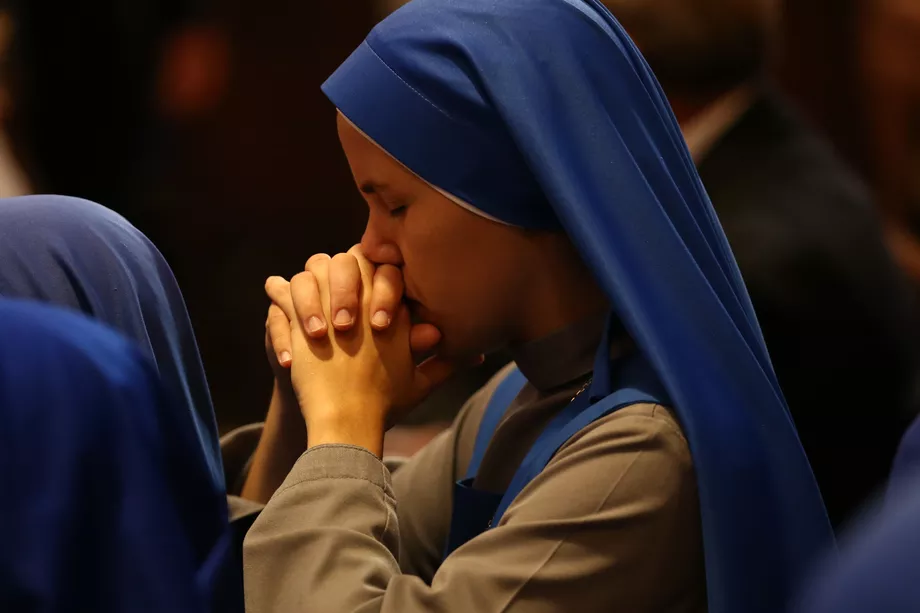Abuse Survivors Speak out about Harassment in Their Religious Communities
By Tara Isabella Burton
A woman who revealed her rape during a youth group prayer section, only to be asked if she’d repented. Another who fled an abusive marriage, only to be told by her pastor to return home and “submit” to her husband’s will. Another who, as a child, was told to “cover up” after a male classmate had been caught masturbating while looking at her. Another who felt compelled to get an abortion lest her church community find out she’d been — in their eyes — impure. These are just a few of the stories being told right now on Twitter using the hashtag #ChurchToo: a religious response to #MeToo: an outline outpouring of stories about sexual assault. Started by Twitter users Emily Joy, a spoken word poet and yoga teacher, and writer Hannah Paasch, the hashtag is designed as space for people who have suffered from the structural sexism they see as embedded in many church cultures to speak about their experiences. A number of prominent religious and religious-adjacent figures have been embroiled in sex abuse scandals recently. There’s Roy Moore: the Christian dominionist Alabama senate candidate accused of assaulting or harassing several teenage girls in his 30s. There’s Tariq Ramadan, the Oxford Islamic studies scholar who has been the subject of allegations of several instances of rape, harassment, and assault. And, of course, there are the thousands of Catholic priests and bishops who, over the past decades, have been accused of child molestation. It’s certainly true that many religious communities’ insularity, combined with their frequent focus on women’s sexual purity, renders these spaces as particularly fertile ground for sexual harassment or abuse. #ChurchToo isn’t the first coordinated social media effort to openly critique sexism and other forms of oppression within Christian communities specifically. Earlier hashtags this year, including #ThingsOnlyChristianWomenHear and Christopher Stroop’s #EmptythePews have gone viral, largely but not exclusively among evangelicals. In Stroop’s case, he was motivated by what he saw as the hypocrisy of many evangelicals in their support of Donald Trump, who has been accused of sexual assault and sympathy for white nationalism. Writing soon after the white nationalist protests in Charlottesville, Virginia, and the president’s lukewarm response, Stroop exhorted his readers to take a stand against Trumpism — and what it represented — in their churches. If you have doubts about your church’s overt or subtle white supremacy, sexism, homophobia, transphobia, and general toxicity, now is the time to leave and to do so publicly, in protest. You don’t have to stop being a Christian if you’re not able to embrace atheism, agnosticism, or some other form of nonedom. You don’t have to stop going to church (there are great progressive churches out there!). But if your church said nothing about Charlottesville last Sunday, or defended Trump’s whataboutism, are you going to sit there in silent complicity? Please don’t. Take a moral stand, and make yourself heard. #EmptyThePews Like that earlier hashtag, #ChurchToo exposes the hypocrisy some Twitter users have encountered in their own communities. Paasch and Joy are not encouraging readers to abandon their faith, but rather exhorting Christians who read the tweets to use #ChurchToo as an opportunity to come forward to correct injustices within their church communities.
|
.
Any original material on these pages is copyright © BishopAccountability.org 2004. Reproduce freely with attribution.
